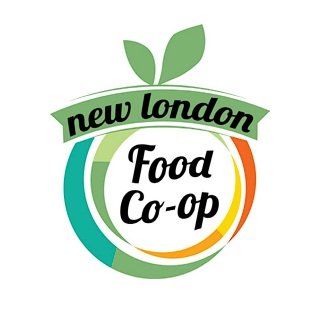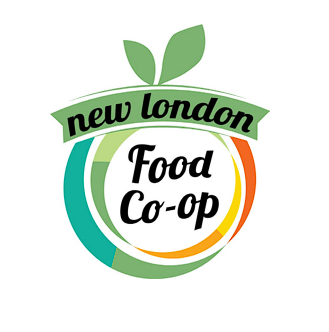
Our Values
The New London Food Cooperative is a community working to build a more local, equitable, democratic, resilient, regenerative, and sustainable food system. We will work to create this future through intentionally, thoughtfully, and dialectically making steps towards this future goal. Our cooperative will make business decisions grounded in the following values, principles, and beliefs.
The New London Food Cooperative is building a food system that:
Is Cooperative.
We believe in the Cooperative Principles and Cooperative Values and believe that a more cooperative economy will help serve and protect our community.
Is locally based.
We will strive to support farmers, producers, businesses, and organizations across Minnesota but centered within 100 miles of New London.
Creates a democratic, local alternative.
The power of big business in the market and in public policy has wreaked havoc on rural America and small towns like New London. Just as the original cooperatives did, New London Food Cooperative will create a democratic alternative to corporate power that exploits communities like ours.
Supports small and mid-sized family farms.
Small and mid-sized family farms are the backbone of rural communities. Yet their existence has been challenged by agribusiness’ control over markets and farm policy. In order to maintain and grow a future for small and mid-sized family farms, our inventory prioritizes products from these producers.
Treats workers fairly.
Workers in all industries deserve to be paid a wage and receive benefits that allow them to thrive. Workers deserve safe working conditions, a voice in their workplace, and the right to form a union and collectively bargain.
Treats animals responsibly.
Harvesting animal products and byproducts is a critical component of many agricultural practices. Whether that animal is destined for slaughter, milking, shearing, or regenerative grazing they should always be treated with dignity and respect and provided safe living conditions.
Trades fairly with farmers, workers, and businesses around the world.
Not every product our members rely on can be grown locally. When products are being procured from other parts of the world we are committed to the trade that is not exploitative of farmers, workers, and businesses in other countries.
Stands against hatred.
Our cooperative is building a local, regional, national, and international future that is free, welcoming, and equitable. We stand against hatred based on race, gender, sexuality, religion, national origin, immigration status, and ability.
Supports the natural world.
The long term sustainability of humanity and the natural world demands that we live in harmony with one another. Our cooperative will strive to achieve this by supporting farmers, businesses, organizations, and government institutions working to reduce the polluting impact of human activity on the environment.
Addresses climate change.
Rural communities and farmers will be disproportionately impacted by our changing climate. In order to mitigate this our cooperative will support policy, farming, business, and community initiatives to reduce greenhouse gas emissions and build local resilience to climate emergencies.
Employs responsible farming practices.
Modern farming practices are reliant on fossil fuel based chemical inputs that damage ecosystems, pollute water, deplete soil, and contribute to climate change. NLFC will work towards the broader adoption of USDA Organic, regenerative agriculture, pesticide free, permaculture, and other sustainable farming practices to reduce the use of petrochemical inputs in the food supply chain.
Is Waste Free.
Food packaging is heavily reliant on single use plastics and other materials that fill landfills and contribute to pollution around the world. We will work to create in store systems and community wide systems to eliminate waste from the supply chain.
Stands in Solidarity.
We stand in solidarity with cooperatives, farm organizations, unions, nonprofit organizations, small businesses and other groups that are working towards goals aligned with ours. When possible we will work together to accomplish our shared goals.
Is priced reasonably.
Our cooperative will strive towards affordable and reasonable prices for products on our shelves. However, we acknowledge that in the creation of a new, local food system will require our prices to reflect the true cost of production. This generally means that local products and products that meet our values will cost more than products created by large companies. We will strive to strike a balance between price and values and transparently communicate our pricing structure.

